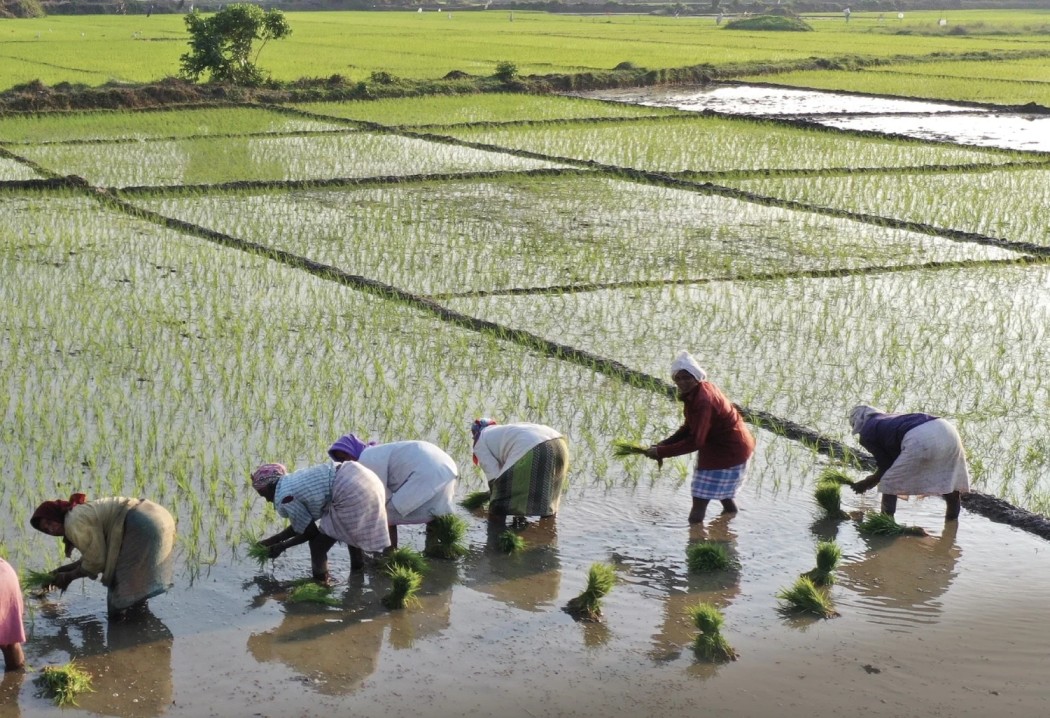State responds to farmers’ plea with 50pc cut in rice imports

Agriculture and Food Authority Director-General Bruno Linyiru said the decision was made following a rice sector consultative meeting held at the Mwea Rice Growers Multipurpose Cooperative Society offices in Kirinyaga County.
Kenya is set to cut rice imports by half as the government moves to protect local rice growers from being undercut by cheaper foreign rice, amid growing calls from farmers to prioritise the sale of local stock.
Agriculture and Food Authority Director-General Bruno Linyiru said the decision was made following a rice sector consultative meeting held at the Mwea Rice Growers Multipurpose Cooperative Society offices in Kirinyaga County.
"Going forward, AFA, in collaboration with the Ministry of Agriculture and other key stakeholders, is spearheading initiatives to reduce rice imports by 50%,” Linyiru said.
The meeting brought together key officials, including Food Crops Directorate Director Calistus Kundu, Kenya National Trading Corporation (KNTC) Managing Director Lucy Anangwe, and the cooperative’s chairperson Ndege Muriuki.
Linyiru explained that farmers’ pleas to suspend imports until existing local stocks are cleared had forced the government to take action.
"The Ministry of Agriculture recognises the importance of supporting local production first," he said.
Kenya currently requires about 100,000 tonnes of rice per month. However, only 191,000 tonnes were produced during the 2024/2025 season, creating a serious shortfall.
"This can only last for two months because the monthly requirement is 100,000 metric tonnes," Dr Linyiru said. 'The shortfall necessitates importation."
Despite this gap, the government is determined to support local farmers, especially those in Kirinyaga and neighbouring regions who have struggled to compete with imported rice priced at half the local rate.
While local rice costs around Sh160 per kilogramme, imported rice, mainly from Pakistan and India, sells for about Sh80 per kilogramme.
To support local sales, KNTC will purchase more than 5,000 tonnes of locally grown rice worth Sh500 million, with payment guaranteed within a month of delivery—a change that addresses past complaints of delayed payments that have hurt farmers’ ability to sustain their operations.
The Mwea irrigation scheme, the country’s largest rice-producing area with over 7,000 farmers, contributes about 113,000 tonnes of rice annually.
The area plays a key role in national food security efforts as rice becomes an increasingly popular staple food across the country.
Dr Linyiru added that the government plans to expand irrigation schemes, increase the land area under cultivation, and introduce high-yield rice varieties to bridge the production gap and gradually reduce import reliance.
